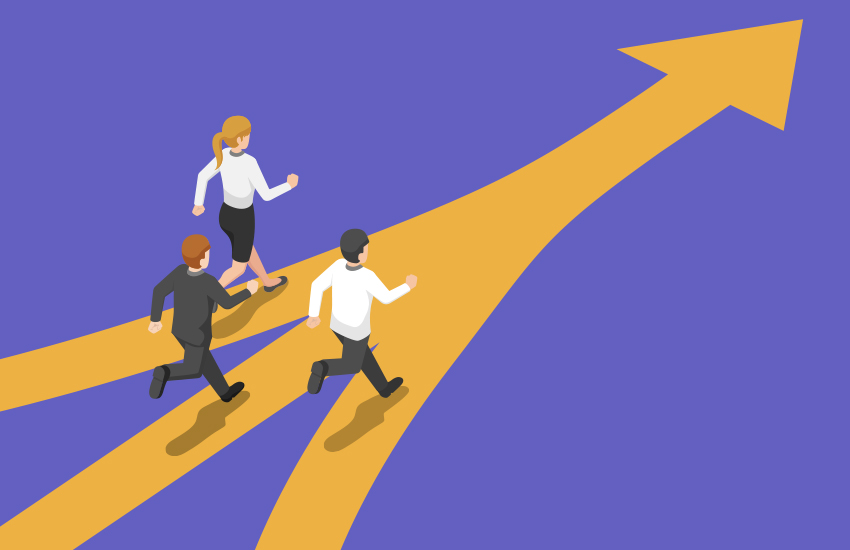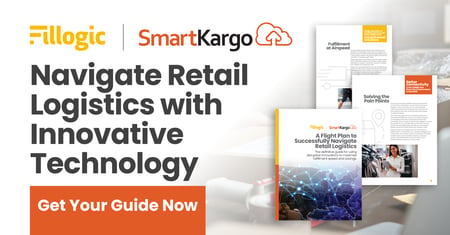
Consumer expectations are always moving and changing in one direction – up. More, not less, is always the expectation, in spite of disruptive forces like a pandemic, inflation, and roiled supply chains.
No matter what cards are dealt, retailers have to meet rising consumer demands or they will lose market share to those who can deliver.
Meeting expectations for online and in-store purchases is one side of the equation. Retailers must also control fulfillment costs by finding better ways to manage inventory and scale efficiencies in the middle and final mile.
Solving this dynamic equation is no easy task. Fortunately, cloud-based retail logistics platforms make it possible for retailers to rapidly achieve economies of scope and scale.
Logistics-as-a-service platforms help retailers increase fulfillment speed while reducing cost. They do this by instantly coordinating transport capacity and supply chain assets to deliver an end-to-end fulfillment solution.
The coordination takes place through real-time connections with retail systems that include:
Connecting a logistics-as-a-service platform to any or all of these systems can give retailers full visibility across their supply chains. When an order enters an ERP system, a shipment can be instantly planned and executed through an integrated logistics platform that covers all aspects of online and store-based fulfillment.
Connecting any or all of the above systems to a cloud-based logistics platform can help retailers:
Logistics-as-a-service providers who are succeeding in this market have flexible pricing and capacity solutions that enable retailers to get up to speed quickly.
Fillogic specializes in providing omnichannel solutions to physical and online retailers. The company operates a nationwide network of localized, tech-enabled micro distribution hubs.
Fillogic Hubs utilize existing retail space located near shopping malls and major retail areas. The strategic locations and the use of the Fillogic Delivery Marketplace, a proprietary multicarrier network and sort/seg solution, reduce transit times and carbon footprints for retailers. Each hub offers a full range of services that can include sort/seg, store-based fulfillment, last-mile delivery, and reverse logistics/returns.
By connecting to the Fillogic Delivery Marketplace, retailers can utilize a partnership between Fillogic and SmartKargo that delivers a cost-effective shipping solution for parcel packages. The solution enables retailers to meet and exceed customer expectations for two-day delivery service levels in the most cost-efficient manner.
To discover innovations in retail logistics platforms and the benefits they have for companies of all sizes, download our free guide, “A Flight Plan to Successfully Navigate Retail Logistics.”

Copyright © 2026 R and B Supply Chain Inc. DBA Fillogic All Rights Reserved.